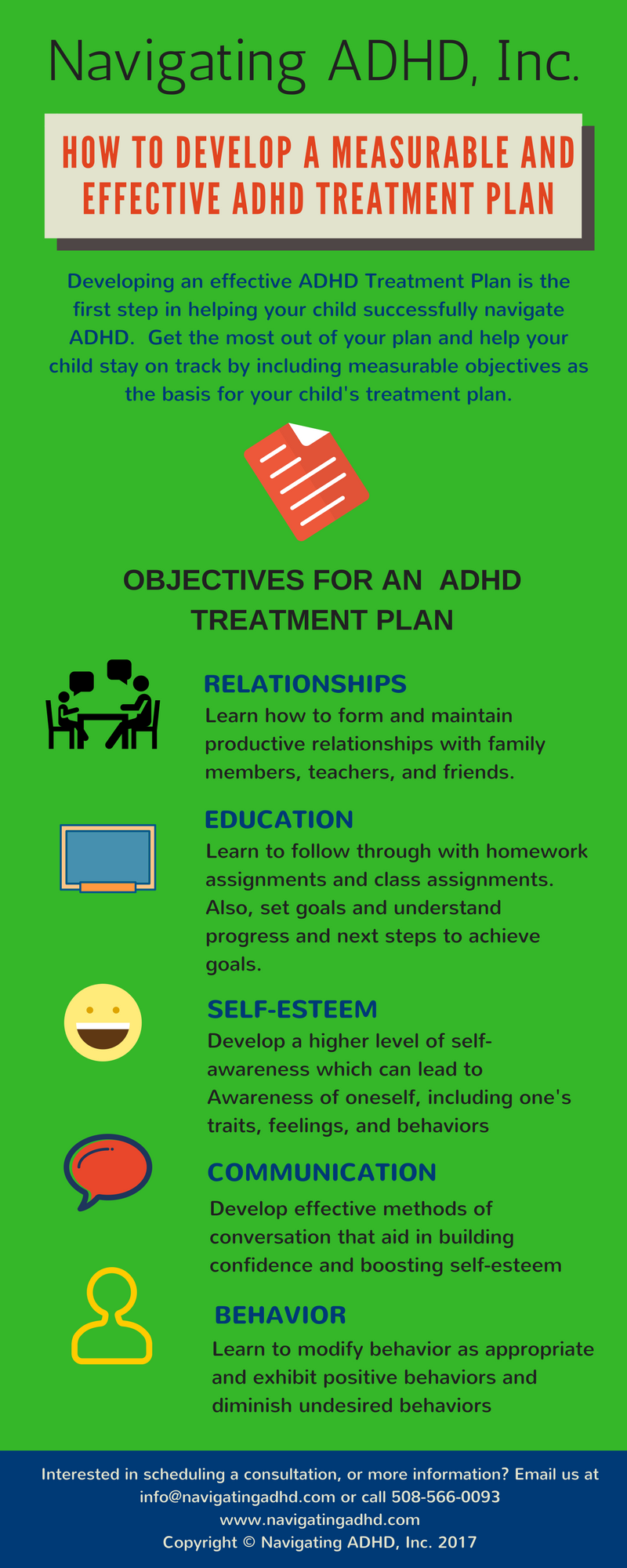Behavioral Health Services Tailored for Focused Wellness
The Benefits of Tailored ADHD Therapy Prepare For Better End Results
The implementation of personalized ADHD therapy strategies has arised as an essential approach in enhancing therapeutic outcomes for people influenced by this condition (ADHD treatment). By acknowledging the one-of-a-kind manifestations of ADHD in each person, these tailored treatments promote better engagement and motivation, ultimately leading to extra efficient coping techniques.
Recognizing ADHD Variability
Although Attention-Deficit/Hyperactivity Disorder (ADHD) is commonly perceived as a particular condition, its manifestations can differ considerably amongst people. Sex differences likewise play a duty, as males are more regularly detected with ADHD and typically display more overt signs, whereas females may offer with much less noticeable inattentiveness.
Furthermore, individuals with ADHD may experience a range of psychological and behavior obstacles, such as stress and anxiety or opposite defiance, that can make complex diagnosis and treatment. The interaction of these aspects can cause diverse experiences of ADHD, demanding a nuanced understanding of the disorder. It is also worth noting that ADHD can present in different ways across various cultural contexts, affecting just how symptoms are recognized and attended to. This understanding emphasizes the importance of acknowledging ADHD as a multifaceted problem, which requires personalized strategies to therapy that consider the distinct needs and experiences of each individual.
Secret Parts of Personalization
Customized ADHD treatment plans are grounded in numerous key elements that guarantee reliable monitoring of the condition. First, a thorough analysis is critical, including standard rating scales, interviews, and behavioral observations. This detailed assessment allows medical professionals to comprehend the individual's one-of-a-kind signs, strengths, and difficulties.
Second, the involvement of multiple stakeholders, including moms and dads, teachers, and the person, adds to a holistic sight of the individual's needs. Partnership promotes an encouraging environment that can adapt to the person's context and way of living.
Third, treatment strategies need to be versatile and adaptable, enabling alterations based on recurring responses and the individual's evolving demands. This adaptability allows the combination of various restorative methods, such as behavioral treatments, psychoeducation, and medicine management.
In addition, cultural and contextual variables should be taken into consideration. Acknowledging the person's background, values, and choices makes certain that the therapy is relevant and respectful.
Lastly, normal follow-ups and analyses are important to keep track of progress and make required modifications. By concentrating on these key parts, individualized ADHD treatment plans can significantly enhance the effectiveness of treatments, resulting in enhanced end results for people with ADHD.
Improved Involvement and Inspiration
To successfully promote improved involvement and motivation in individuals with ADHD, it is important to integrate approaches that reverberate with their passions and strengths. Customized therapy plans that align with a person's passions can result in increased participation in restorative tasks, promoting a sense of ownership and excitement for the procedure.
Making use of interactive and imaginative techniques can likewise significantly improve motivation. Including gamification aspects or real-world applications of abilities can make tasks much more attractive and appropriate. This not only catches interest yet likewise reinforces learning with enjoyable experiences.
Additionally, setting attainable and meaningful objectives customized to the individual can boost motivation. When individuals see their progression in the direction of directly substantial goals, they are more most likely to continue to be engaged. Normal comments and acknowledgment of success can further suffer motivation, creating a positive feedback loop that encourages continued effort.
Finally, cultivating a helpful setting where individuals feel understood and valued can considerably influence their involvement degrees. When treatment strategies are created collaboratively, incorporating input from the person, they are more probable learn the facts here now to feel spent in their journey, eventually resulting in enhanced results in managing ADHD.
Improved Coping Approaches
Developing enhanced coping techniques is crucial for individuals with ADHD, as it equips them with efficient devices to browse daily obstacles. A customized therapy plan permits the identification of certain coping mechanisms customized to the individual's distinct needs and conditions - ADHD treatment. Strategies such as mindfulness, time administration abilities, and business approaches can be incorporated into everyday routines, fostering a feeling of control and minimizing stress and anxiety
Mindfulness practices, consisting of meditation and deep-breathing workouts, aid individuals with ADHD concentrate their attention and regulate their feelings. Time management techniques, such as using timers or breaking tasks into smaller sized, convenient actions, can alleviate sensations of bewilder. Additionally, organizational devices like organizers and checklists can enhance efficiency and responsibility.
Long-term Positive Outcomes
Executing customized ADHD therapy plans can lead to substantial lasting favorable results for individuals. These tailored approaches, which consider one-of-a-kind signs, choices, and life situations, assist in much more efficient management of ADHD signs gradually. By focusing on the particular demands of the person, these plans improve adherence to therapy procedures and foster higher engagement in healing activities.

Moreover, personalized therapy plans can substantially decrease the risk of comorbid problems, such as stress and anxiety and anxiety, which are frequently connected with ADHD. Early intervention and constant support help people construct strength and coping approaches, advertising overall mental wellness.
Ultimately, the long-term positive outcomes of personalized ADHD therapy prepares not only boost the quality of life for individuals yet also add to their general health and success in numerous life domains. This all natural approach underscores the relevance of individualized care in managing ADHD successfully.
Conclusion
